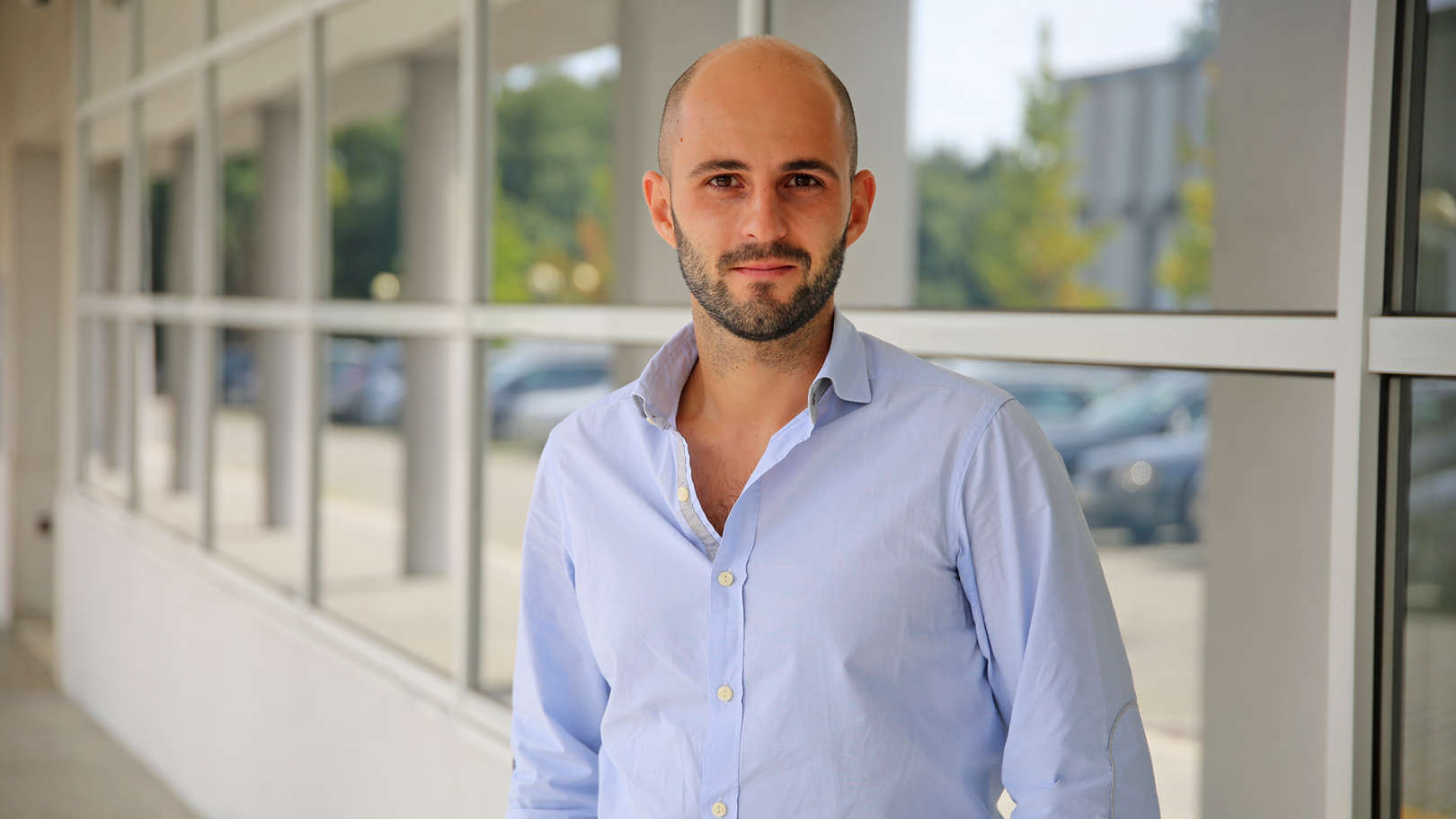About
António Almeida holds a Ph.D. in Engineering and Industrial Management from the Faculty of Engineering, University of Porto (FEUP). During his doctoral studies, he specialized in developing innovative AI-based methods for performance management and control in complex industrial environments. In the meantime, he worked as a Business Analyst at Sonae and as a Principal Product Manager at Farfetch, focusing on IT solutions related to logistics and supply chain.
Currently, he is the Coordinator of the Center for Engineering and Industrial Management (CEGI) at INESC TEC, where he oversees a portfolio of European and national research projects focused on twin transition, digital transformation, and sustainability. In parallel, he is a Visiting Adjunct Professor at the Faculty of Engineering, University of Porto, and at the Instituto Superior de Engenharia, teaching in the fields of Engineering and Industrial Management and Mechanical Engineering, respectively.


